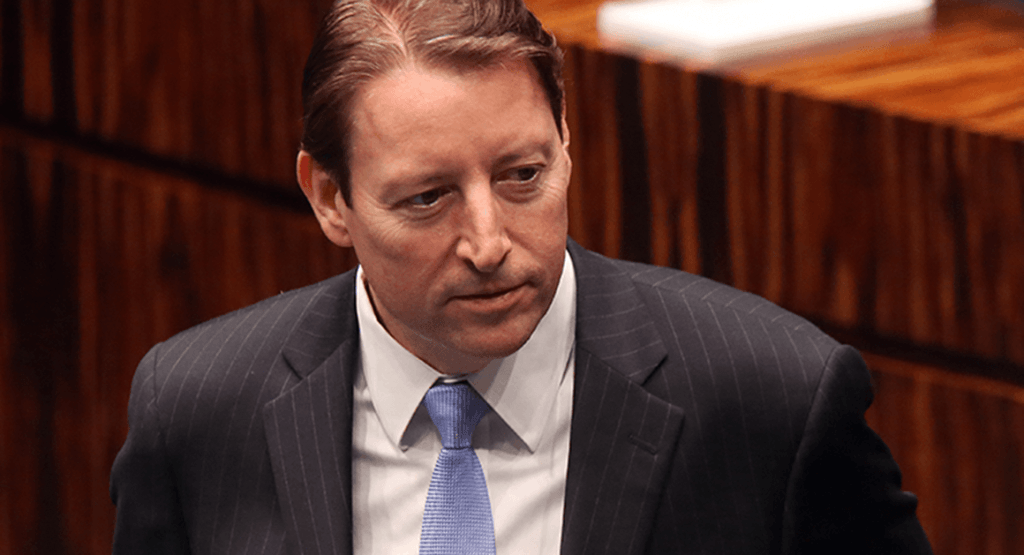Florida Gambling Battles in 2017: Not All Sunshine By Any Means
Posted on: December 25, 2017, 01:00h.
Last updated on: December 13, 2017, 01:49h.
The Florida gambling landscape witnessed two major political power struggles in 2017. The first was between the State and the influential Seminole tribe; the second between the two polarized chambers of the State legislature.

The biggest winners in both battles, were, arguably, the Seminoles.
In November 2016, a federal court in Tallahassee delivered the shock verdict that Florida had violated its 2010 compact with the Seminoles by permitting the state’s parimutuel venues to offer house-banked games.
The compact had afforded the tribe exclusivity on such games until 2015 in return for over a billion in revenue shares. It stipulated that this right would be automatically extended until 2030 if the state infringed on the exclusivity pact.
State Makes Big Mistake
But the state regulator had allowed the parimutuels to offer so-called “player designated games.” These are typically casino games like Three-Card Poker and Ultimate Texas Hold ’em in which one player acts as the bank.
The state believed that because players played against each other in these, rather than against the house, they were not legally defined as house-banked games. It was an error of judgement, according to the court.
Florida had been in the process of negotiating a new compact with the Seminoles, and hoped to fashion a deal worth $3.1 billion to the state over seven years, but its hand was significantly weakened by the court’s ruling.
Bill’s Big Bill
Nevertheless, in January, the influential Florida State Senator Bill Galvano introduced a wide-ranging gambling expansion package that sought to comprehensively reform the state’s gaming laws and fix the standoff with the Seminoles in one fell swoop.
The ambitious legislation, SB 8, proposed wide-ranging changes that included the expansion of slot machines into counties where they already had voter approval. It would have also authorized pari-mutuel venues to run blackjack games and other house-banked games, compensating the Seminoles with the right to offer craps at their casinos.
For this, the tribe would sign a seven-year compact agreeing $3 billion in revenue-sharing payments to the state.
Additionally, Galvano’s bill would have created a regulatory framework for daily fantasy sports and authorized ‘decoupling’ at horse and dog tracks. This would mean that the tracks would not be required to offer a quota of live racing as a condition of being able to offer other gambling games, a condition many find burdensome and unprofitable.
Unfortunately for Galvano, the Seminoles hated his reform bill. The gamble-shy State House hated it, too, and Disney World hated it even more, with the Disney Corporation upping its spend to fund anti-gambling expansion political action groups.
The House produced its own bill, which pretty much proposed retaining the status quo, for which they would also charge the Seminoles $3 billion over the next seven years. Needless to say, the tribe, whose bargaining power had been strengthened by the favorable court judgement, hated that idea too.
No Love for Reforms
Despite his bill’s unpopularity in influential circles, Galvano holds some weight of his own in the legislature, and, as the year progressed, the two chambers edged towards a shock compromise.
In fact, to the surprise of many observers, it looked like a diluted form of Galvano’s bill would actually be pushed through as the legislative session neared its end in March. Or, at least, it did right up to the point that talks collapsed entirely, to the delight of the Seminoles, and Disney.
There was hope, however, for those racetracks that no longer wanted to be racetracks and for animal rights campaigners alike, when the Florida gambling regulator allowed the Magic City Casino in Miami to scrap greyhound races while retaining its more-profitable slot machines and card games. The decision offered hope to other tracks eager to decouple themselves from racing.
It’s a bizarre quirk of Florida gambling law that, while greyhound racing has been banned in 40 states on cruelty grounds, the state requires these businesses venues to offer it, by law, even if they don’t want to.
Last Comments ( 3 )
Why won't they show the cards? https://youtu.be/Kj4NT5VqYt0
The first thing the State should do is have a gaming commission and have a better handling on regulating the casinos and racetracks. The State should also have a division of gaming enforcement to prosecute the vasinos and racetracks. Its like the wild west here where nobody is held accountable and nobody wants to step up and take charge. ..
The first thing the State should do is have a gaming commission and have a better handling on regulating the casinos and racetracks. The State should also have a division of gaming enforcement to prosecute the vasinos and racetracks. Its like the wild west here where nobody is held accountable and nobody wants to step up and take charge.